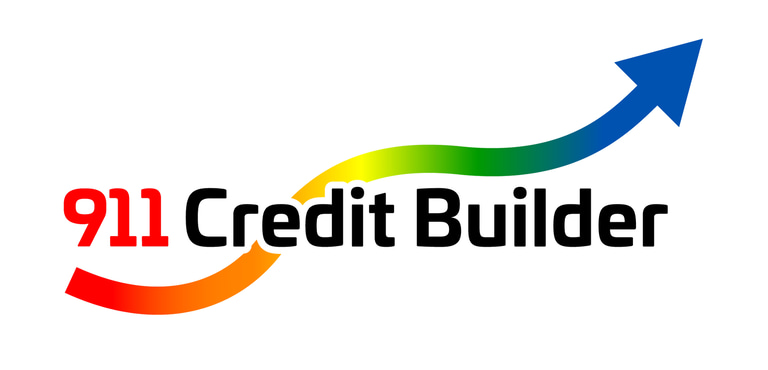Cracking the Code: Understanding FICO Scores
Your credit score is like a secret code, a clandestine numerical representation that influences many aspects of your life. From insurance premiums to rent, mortgage payments, utilities, and employability, everything hinges on this elusive number. However, how well do you truly understand the inner workings of your credit score? Get ready to unravel the concealed secrets behind this influential metric.
Gene Davis
11/20/20232 min read

Payment History - 35%
The paramount component of your credit score, accounting for 35% of the total, is your payment history. This segment scrutinizes your prior interactions with creditors, emphasizing the impact of late payments, defaulted accounts, and other adverse information on your credit report. The more accounts paid as agreed and the fewer negative entries, the higher your credit score.
Percentage of High-Credit Used - 30%
Constituting the second most significant factor at 30%, the amount you owe on individual accounts in relation to their high credit limits significantly influences your credit score. Scoring higher is contingent on owing 25% or less of the high credit limit. Carrying substantial credit card balances can be as detrimental to your score as consistently paying an account late.
Length of Credit History - 15%
The temporal dimension of your credit score, encompassing 15%, is dictated by your "time in the bureau." The longer you maintain credit accounts, the higher your score. A growing credit history, accumulated over time, naturally contributes to score improvement.
Accumulation of New Debt - 10%
This aspect, constituting 10% of your credit score, evaluates the frequency of new credit applications. The number of inquiries within a 12-month period affects your score, with each new credit application resulting in an inquiry on your report. A flurry of inquiries in a short span can have a negative impact on your scores.
Healthy Mix of Credit Accounts - 10%
The diversity of credit items on your report is crucial for this 10% segment of your credit score. The bureaus favor a well-balanced mix of accounts, such as an open mortgage, three credit cards, one auto loan, and a modest number of other open accounts. Too many credit cards or an imbalanced account mix can lower your scores.
So, to win the credit score game:
Pay your bills on time like you're completing game levels.
Keep your spending (credit card balances) low for more points.
Stick with credit for a while to gain experience points.
Don't ask for too much credit at once, it's like making the game too hard.
Build a diverse team of credit accounts for a stronger score.
Follow these guidelines, and you'll be well on your way to securing an outstanding credit score.
About the Author
Gene Davis, the Co-Owner of Ein Credit Funding & 911 Credit Builder & Heartbeat 4 Prosperity, brings over 22 years of experience in the financial industry. As a former Mortgage Company owner, Loan Officer, Credit Specialist, Realtor, and Author, Gene possesses a comprehensive understanding of achieving financial goals.


Contact us
Whether you have a request, a query, or want to work with us, use the form below to get in touch with our team.

